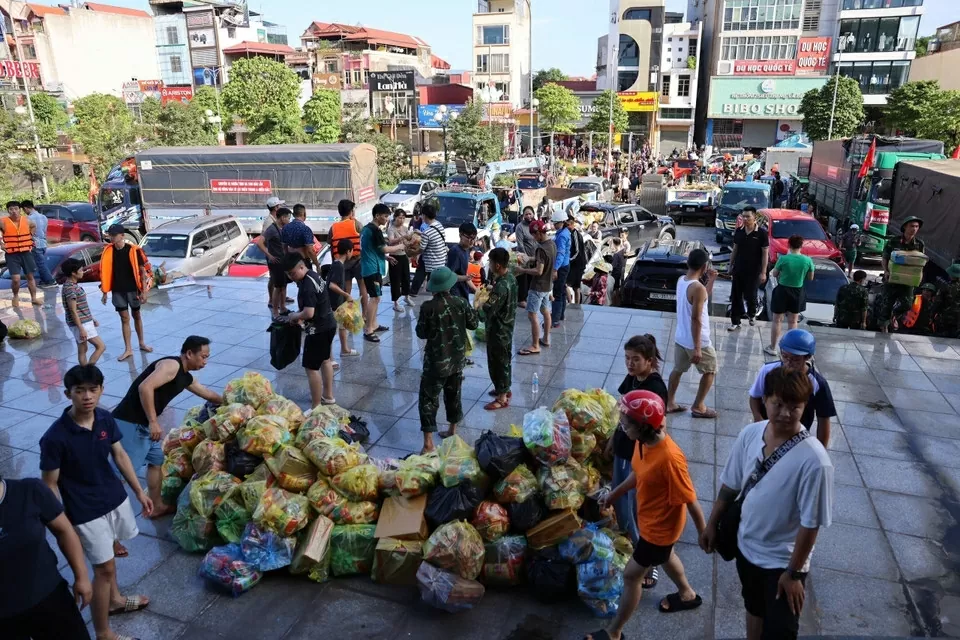 |
| For many years now, charitable activities during hurricane season have become a community reflex. (Photo: Nhat Anh) |
Every storm season, seeing the bare roofs and flooded fields fills everyone with sorrow. From Central to Northern Vietnam, the regions battered by storms become the focal point of compassion – hundreds of relief vehicles converging, thousands of people contributing money, rice, and clothing. But amidst this sea of kindness, a question needs to be asked: Is charity about saving lives or saving one's own emotions? And how is social responsibility, especially for those with influence, being fulfilled?
For many years now, charitable activities during storms have become a community reflex. When a storm hits, social media erupts with calls for donations, and goods pour in to flood-affected areas. This action stems from compassion and the culture of "helping those in need," a beautiful tradition of the Vietnamese people.
But good deeds, if lacking wisdom, can sometimes have the opposite effect. Many shipments go to the wrong places, relief efforts are duplicated, goods pile up in one place while others suffer from hunger, and in some cases, items are left to rot due to a lack of organization. Perhaps it's time that charity requires not only good intentions but also understanding and discipline.
Kindness cannot be spontaneous. Storms and floods not only take away food and clothing, but also livelihoods and hope. Therefore, sustainable charity must begin with a long-term mindset: helping people restore their lives, supporting the reconstruction of homes, rebuilding bridges and roads, and creating jobs after the storm. Many international organizations have followed this approach, viewing every donation as a seed sown for the future. In our country, however, most activities still stop at necessary but insufficient "emergency food relief."
From another perspective, in the age of social media, charity also comes with a new element: public scrutiny. Celebrities – singers, actors, athletes, etc. – with their widespread influence, can raise tens of billions of dong in just a few days. When they appeal for donations, hundreds of thousands of people trust them and transfer money. They become "humanitarian beacons" amidst the storm. But precisely because of this, every action they take is subjected to intense scrutiny. If they are not transparent, do not publicly disclose their finances, and do not cooperate with authorities, that trust can easily be shattered.
There have been controversial incidents where artists have called for donations but then delayed announcing the results or lacked a clear plan for their use. Public outrage stemmed not only from the money but also from the damaged trust. When trust is lost, people become hesitant and wary even of genuinely good deeds. And that is the most regrettable thing. Because charity is not a place to test trust, but a place to heal it.
Celebrities, when engaging in social work, are not just philanthropists – they represent a culture of responsibility. A single post can reach millions; a single word can spark an entire movement. But just one misstep can cast doubt on all humanitarian efforts. Therefore, transparency is not an option, but a duty. Every penny received from the public must be publicly disclosed – how much was received, how much was spent, where it went, and whether there are proper records. Only then can public trust be strengthened.
Charity also requires knowledge. It's not just about giving, but about knowing how to give correctly. Some places need rescue boats, life jackets, and medicine; others need seedlings, livestock, or tuition support for orphaned students after floods. Effective charity must be based on real-world surveys and close coordination between the government, local organizations, and the people. Only then will charitable funds reach the right people, in the right place, at the right time.
More than material things, the people in the storm-affected areas need faith. They need to know that they haven't been abandoned. Each relief convoy brings not just rice and instant noodles, but also the spirit of "we are with you." That's what keeps this society warm, despite the rain, wind, and storms.
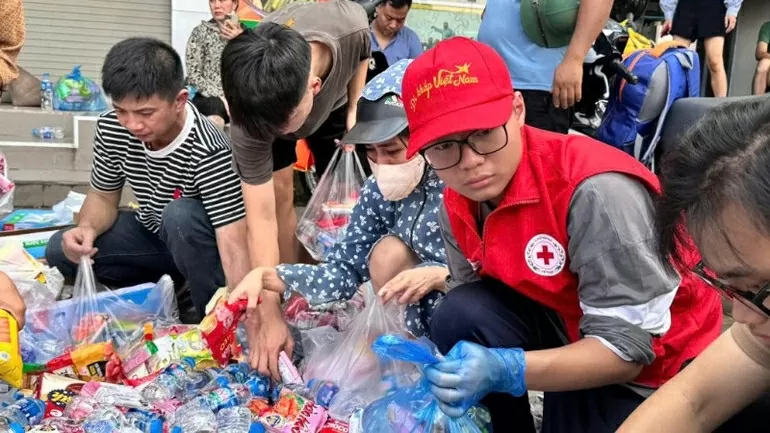 |
| Thai Nguyen Provincial Red Cross prepares relief supplies for the people. (Photo: Do Thoa) |
In this age of powerful media, there is sometimes confusion between genuine charity and performance-based charity. Those who volunteer need to ask themselves: are they doing this to help or to gain recognition? Beautiful images can spread, but if those images aren't accompanied by real action, they're just a borrowed cloak of morality. In truth, the poor don't need pity; they only need to be treated with respect and equality.
It's also undeniable that many artists, businesses, and individuals have engaged in charitable work with sincere and quiet hearts. Some have donated money to build schools, while others have dedicated decades to programs like "Warm Clothes for Highland Regions" or "Free Vegetarian Meals." These persistent actions don't need fanfare, yet they create a more lasting impact than any short-term appeal. Because true charity lies not in a moment of sharing, but in persistent compassion.
In modern society, philanthropy needs to be understood more broadly: it's not just about giving money, but about sharing knowledge, time, and a sense of responsibility. A business contributing technology to disaster warning systems, a journalist reporting transparently on flood-affected areas, a student volunteering to help people clean up their homes – all are acts of charity. Kindness, when organized, can become a powerful force for the entire community.
Therefore, instead of waiting until a storm hits to provide relief, we should think about prevention and preparation. Building flood-resistant houses, planting protective forests, providing guidance on disaster response skills, and supporting sustainable livelihoods – these are ways of "smart charity." This is when compassion and wisdom go hand in hand, so that one day, people in storm-affected areas will no longer have to live in a situation where "they rebuilt their houses one day, only for them to be swept away by a storm the next."
Storms and floods are challenges, but also opportunities to reflect on human nature. When each person doing good deeds has a little more understanding, each celebrity acts with a little more responsibility, and each organization is a little more transparent, then society will be stronger in the face of any storm.
Charity, if it is limited to mere compassion, will be short-lived. But if it is accompanied by responsibility, transparency, and wisdom, it will become a lasting strength for an entire nation.
Source: https://baoquocte.vn/tu-thien-mua-bao-lu-long-tot-can-di-cung-trach-nhiem-331191.html


![[Photo] Closing Ceremony of the 10th Session of the 15th National Assembly](/_next/image?url=https%3A%2F%2Fvphoto.vietnam.vn%2Fthumb%2F1200x675%2Fvietnam%2Fresource%2FIMAGE%2F2025%2F12%2F11%2F1765448959967_image-1437-jpg.webp&w=3840&q=75)




![[Photo] Prime Minister Pham Minh Chinh holds a phone call with the CEO of Russia's Rosatom Corporation.](/_next/image?url=https%3A%2F%2Fvphoto.vietnam.vn%2Fthumb%2F1200x675%2Fvietnam%2Fresource%2FIMAGE%2F2025%2F12%2F11%2F1765464552365_dsc-5295-jpg.webp&w=3840&q=75)
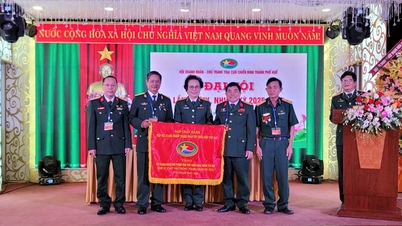

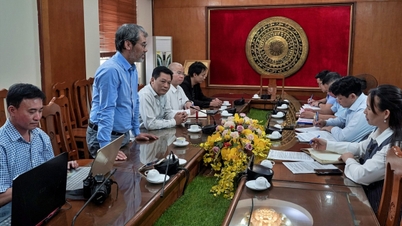

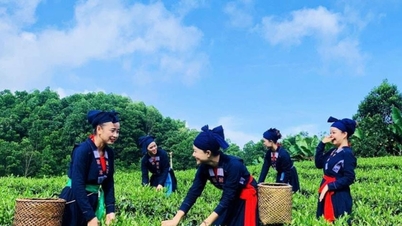

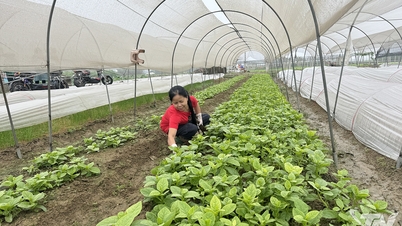

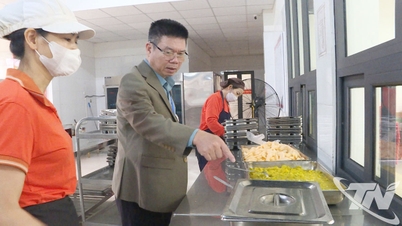
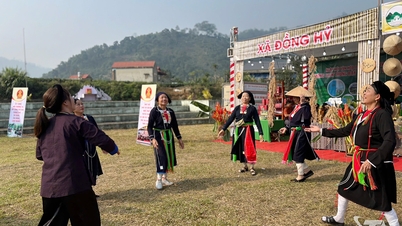


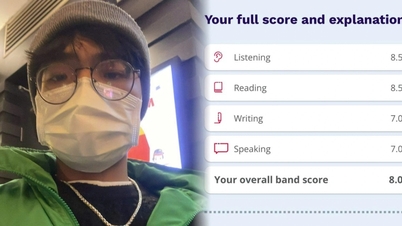



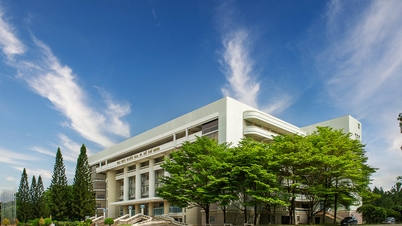

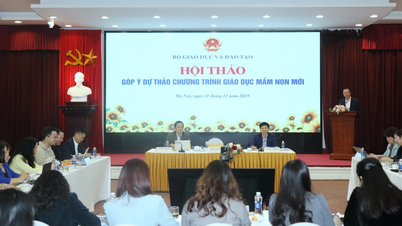







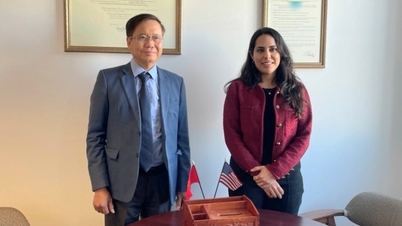

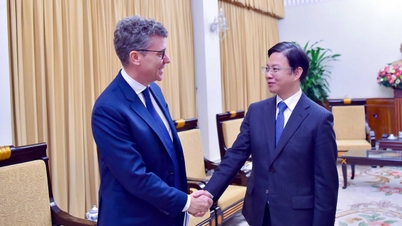
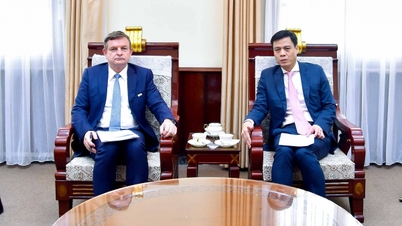
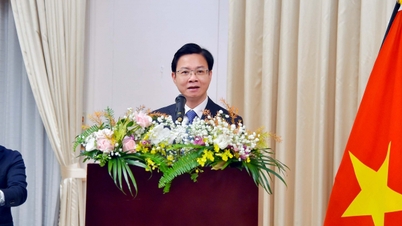
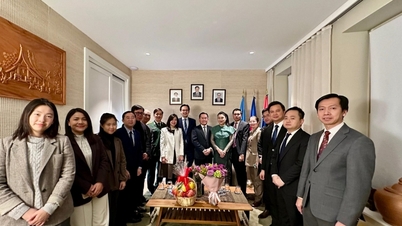





















![[OFFICIAL] MISA GROUP ANNOUNCES ITS PIONEERING BRAND POSITIONING IN BUILDING AGENTIC AI FOR BUSINESSES, HOUSEHOLDS, AND THE GOVERNMENT](https://vphoto.vietnam.vn/thumb/402x226/vietnam/resource/IMAGE/2025/12/11/1765444754256_agentic-ai_postfb-scaled.png)
































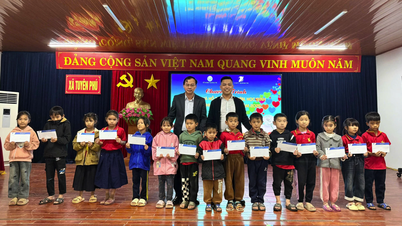

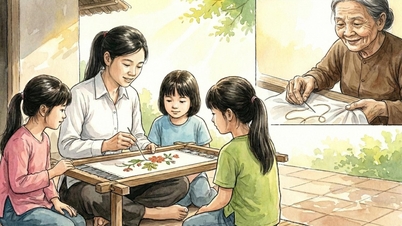

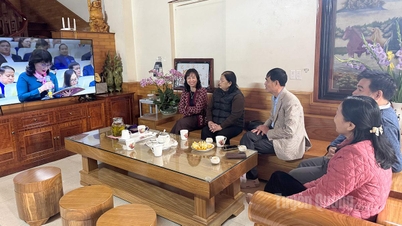













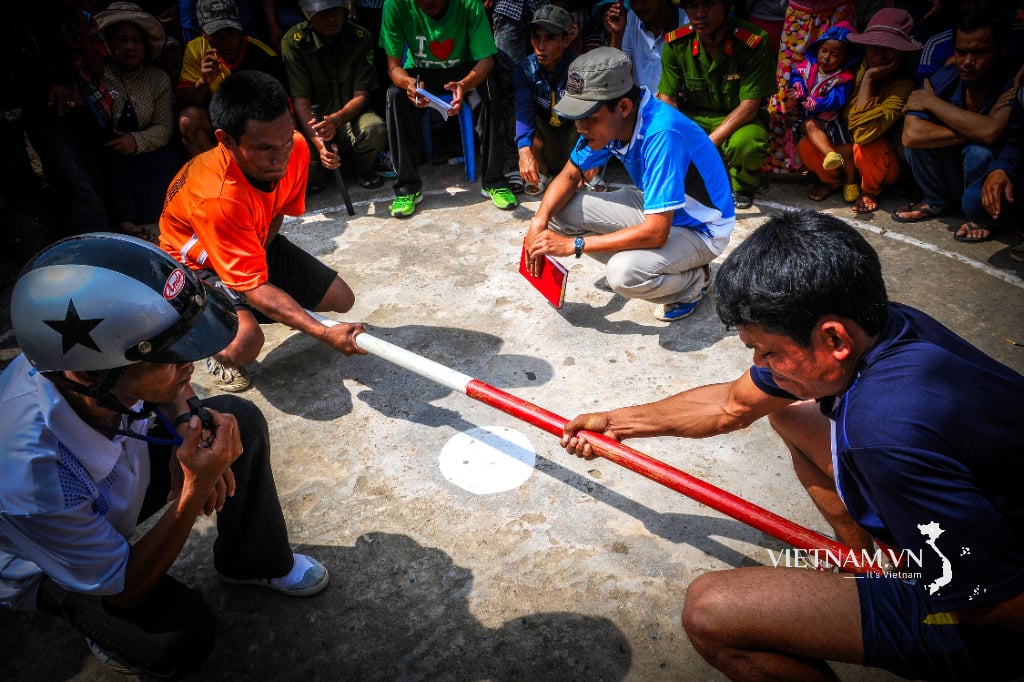

Comment (0)